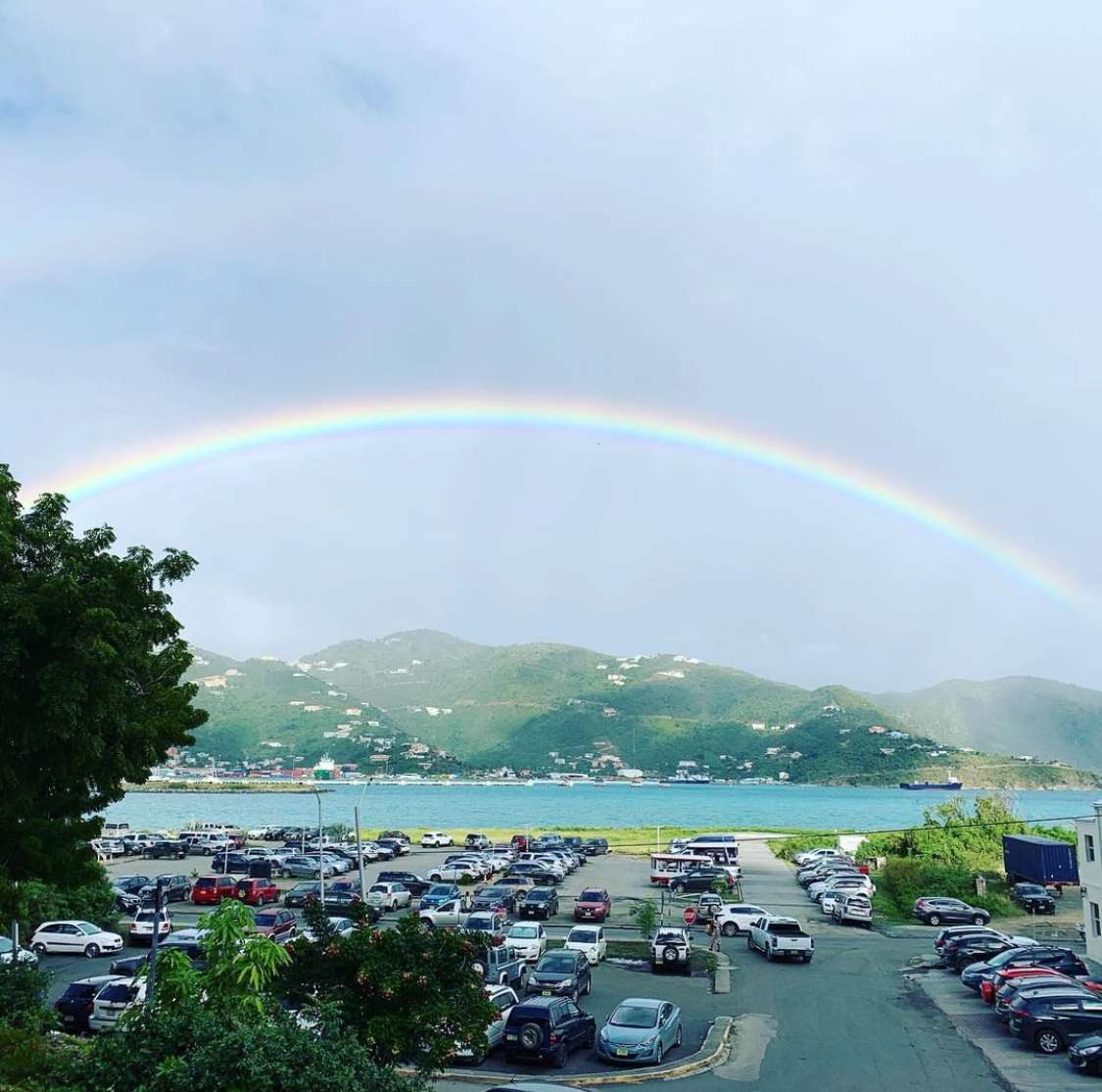A Filipino expat finds work-life balance on the British Virgin Islands.
When I arrived in Road town, the capital of the British Virgin Islands ten years ago, I was no longer new to the islander’s way of life, having lived in Turks and Caicos and, in the Republic of Palau. Since I came from another British overseas territory, not much adjusting was necessary. Except for one.
The way the locals speak surprised me a bit. Speaking in a loud tone, I initially thought they were shouting at me but actually, they were not. As it turned out, the locals are friendly, they greet everybody everywhere they go.
I came here to work as a psychiatrist at the only hospital on the islands, Dr. D. Orlando Smith Hospital. On my first days, I was booked in a hotel for a month until I got my own apartment. I then went to look for a gym, a church and met some kababayans.
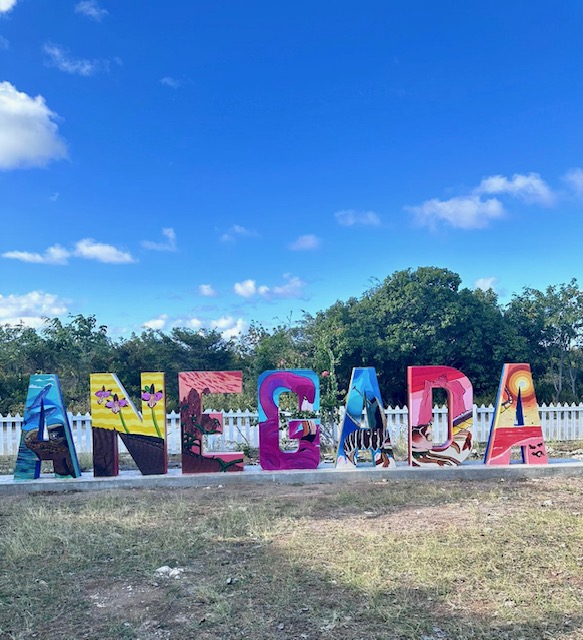
I immediately discovered that a car is a necessity or one needs to have a friend with a car because BVI lacks public transportation. There are some taxis, but I have to warn you, it is a bit pricey. For a short distance, one-way fare can cost up to $25. Good thing, I lived near the hospital when I didn’t have the car yet so I just walked to work.
Hitchhiking is another option though, you can stand on the side of the road and somebody will just stop and ask if you want a ride for free. Don’t worry, BVI is a safe place. Crime rate is very low compared to other Caribbean islands.
“Islanders normally are laid back to an extent that one needs to have patience in waiting for things. If we have the so-called Filipino time, being an hour late, for the British Virgin Islanders, it is double.“
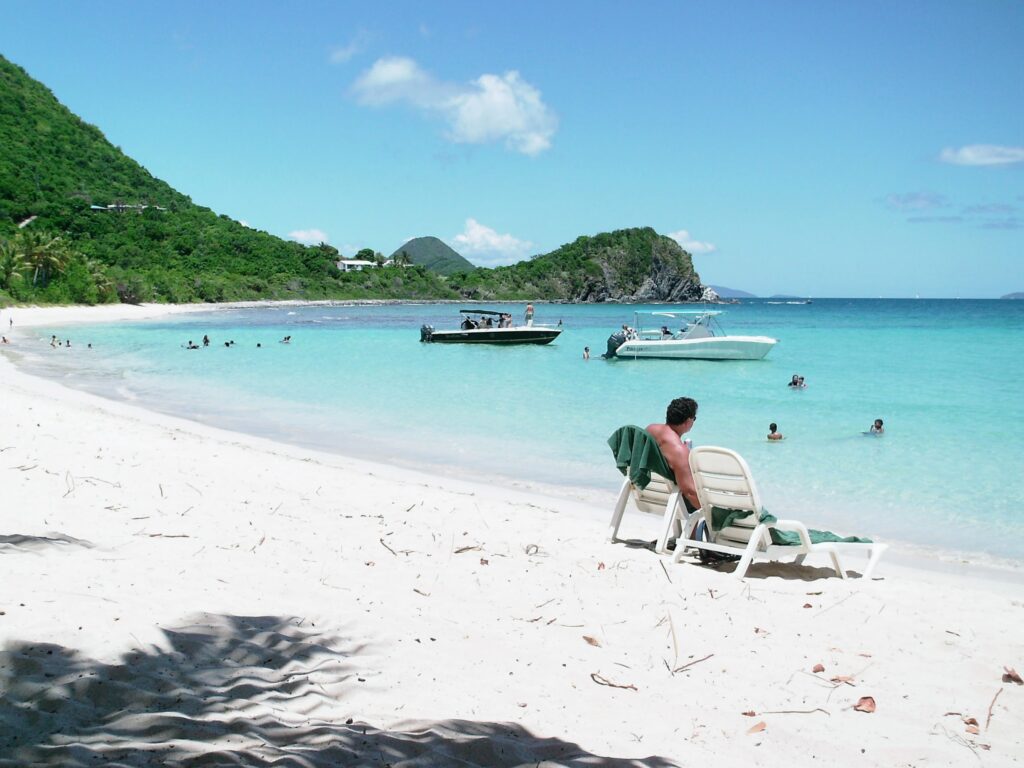
Financial and tourism hub
The British Virgin Islands have become one of the world’s leading offshore financial hubs, and ranks as one of the highest incomes per capita in the Caribbean. That is why a lot of lawyers and accountants are living here. The tourism industry began to pick up through the years giving BVI the title as the sailing capital of the world. I live near the port and from my window, I can see cruise ships carrying up to 4,000 passengers. The tourism business is really booming.
However, with the steady rise of tourists visiting BVI, customer service remains unimpressive. Islanders normally are laid back to an extent that one needs to have patience in waiting for things. If we have the so-called Filipino time, being an hour late, for the British Virgin Islanders, it is double.
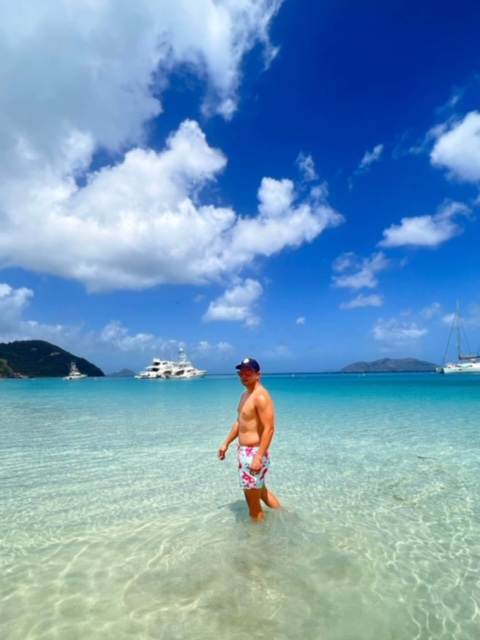
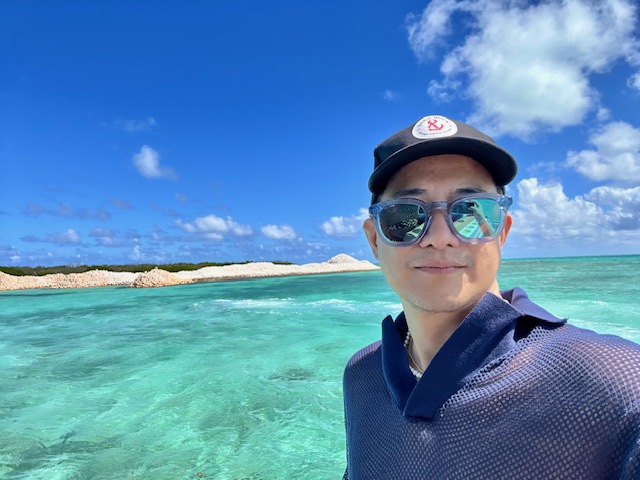
Island life on BVI
As an expat who has lived here for a long time, I have learned to be patient and adjust to this slow island pace. The truth is, I am able to work and enjoy life at the same time. My schedule is very light. I do clinics at the hospital at 9am on Monday and Friday mornings, (I do the rounds in the wards on the other days) then lunch break and later back to work from 2:30 to 5:30 p.m. Then I am off to the gym, playing tennis and home. On weekends, I go to the beautiful beaches or eat out in restaurants. On Sundays, I attend Spanish classes.
For expats, landing a job in BVI is not easy. There is a high demand for doctors, nurses and dental hygienists because there are not a lot of qualified applicants among the locals. But for a job that a local can do, you are required to prove that you are more qualified than them. The government wants to streamline the job market to favor the locals.
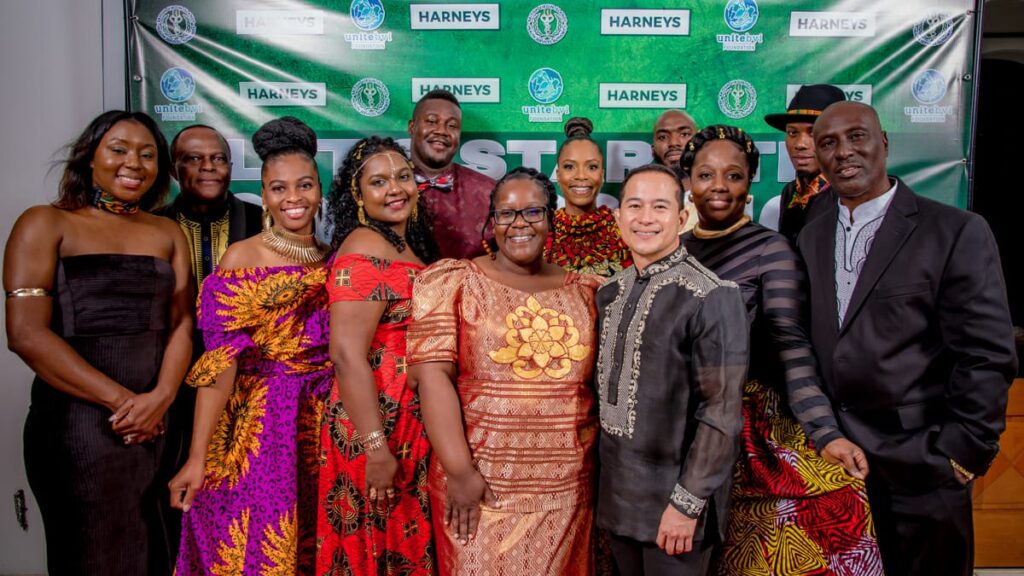
Visa woes
In some countries, if you have stayed for five years or more, you can apply for a residence visa. But it takes 10 years of residence before you can apply for a residence visa in BVI. For some, it takes much longer. Some expats I know have been working here for 20 years and still do the yearly paperwork.
Renewing a work visa every year is tedious and takes a long time. Work permit fee is between $1,000-$3,000. Legally speaking, you can’t change jobs unless you leave the islands and apply again.
If you want to change jobs, resign and leave the islands while waiting for the new work permit. This is the government’s way of preventing expats from hopping from one employer to another.
“There has been a running joke among the locals and other nationalities that Filipinos like living in big groups in one apartment. I don’t take offense at this teasing. Instead, I try to explain to them that it is our way of saving money and fighting off homesickness.”
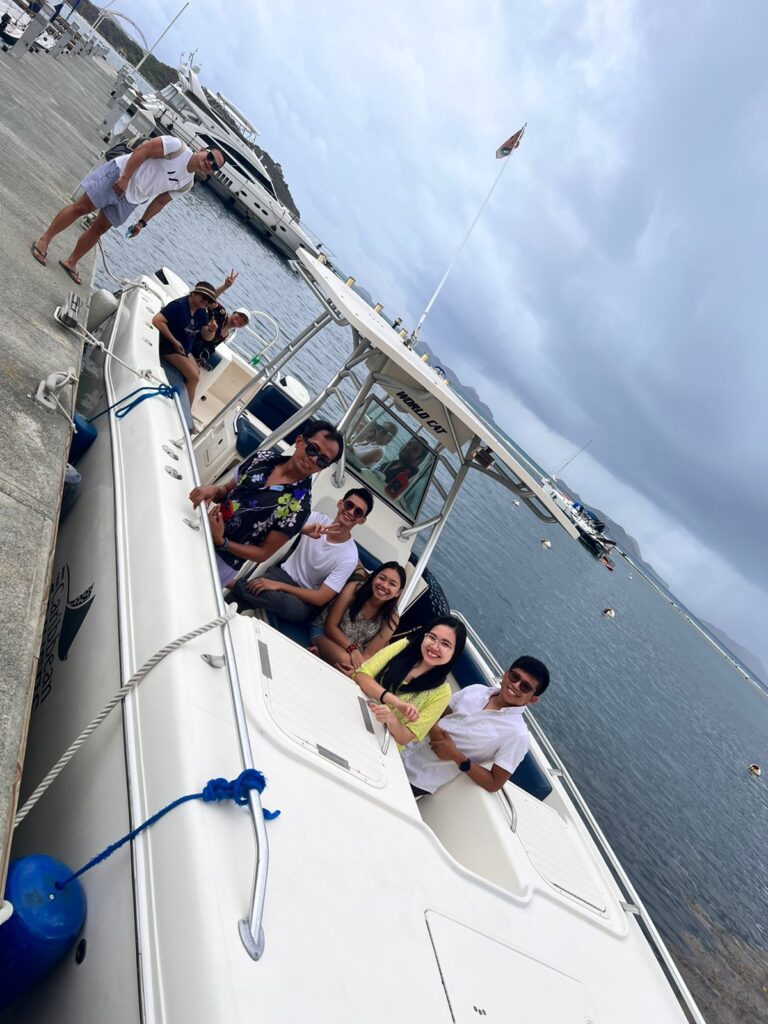
Cost of living on British Virgin Islands
US Virgin Islands are just a one-hour ferry ride from BVI. There are times that I go there to visit the mall as we don’t have malls in BVI, neither a K-mart nor fast food chains. A day-trip to Puerto Rico takes a 15-minute plane ride and costs $300. To avoid boredom and homesickness, I go on holidays at least twice a year.
The British Virgin Islands have a tropical climate. Hurricane season is from June to November. When it comes to food, everything here is imported as there aren’t enough agricultural products because most people are not into farming. But when COVID-19 came, people started to plant. Every weekend, there is a farmer’s market in town where local farmers sell their produce.
Caribbean food is mostly oxtail stew, peas and rice, salt fish, provisions, and curry chicken. I like their pea soup and saltfish and foongi, a popular food with okra and cornmeal boiled with butter and then flattened into a cake and served with braised fish.
The cost of living here is high and the average monthly salary ranges between $3,000 and $10,000. A one-bedroom apartment is between $1,000 – $1,500. I live in a two-bedroom apartment for $1,200 a month. Electricity and the internet fees are expensive. Most Filipinos share the house with fellow kababayans to break down the expenses.
There has been a running joke among the locals and other nationalities that Filipinos like living in big groups in one apartment. I don’t take offense at this teasing. Instead, I try to explain to them that it is our way of saving money and fighting off homesickness.
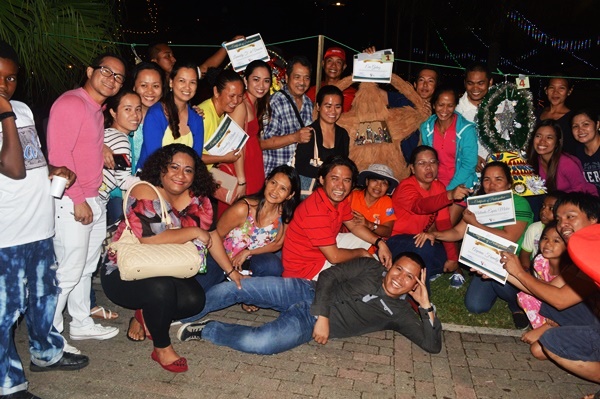
Filipinos on the British Virgin Islands
There are about 600 Filipinos on British Virgin Islands, working at hospitals or clinics, hotels, in the construction industry and housekeeping sector. There is a Filipino organization which spearheads community projects and events like beach cleaning and Christmas parties. Relationships among Filipinos, the locals and other expats have always been pleasant. Of course, there are occasional rants on social media against Filipinos but it seldom happens.
I feel lucky the islands have given me a lot of opportunities to live a balanced life. There is stress at work but if you look at the greater scheme of things, the islands have this sense of simplicity, calmness and positive energy. My experience living in BVI might be different from others. As long as I can, I think I will stay here longer. I really like it here.
What's Your Reaction?
Dr. Jardine "Dean" Torno works as a psychiatrist in Road Town, British Virgin Islands where he enjoys the simplicity, calmness and positivity of life on the islands. He is an advocate of mental health awareness. He loves going to the gym, playing tennis and traveling in his free time. He You can follow him on Tiktok (https://www.tiktok.com/@deantorno) or Instagram.

